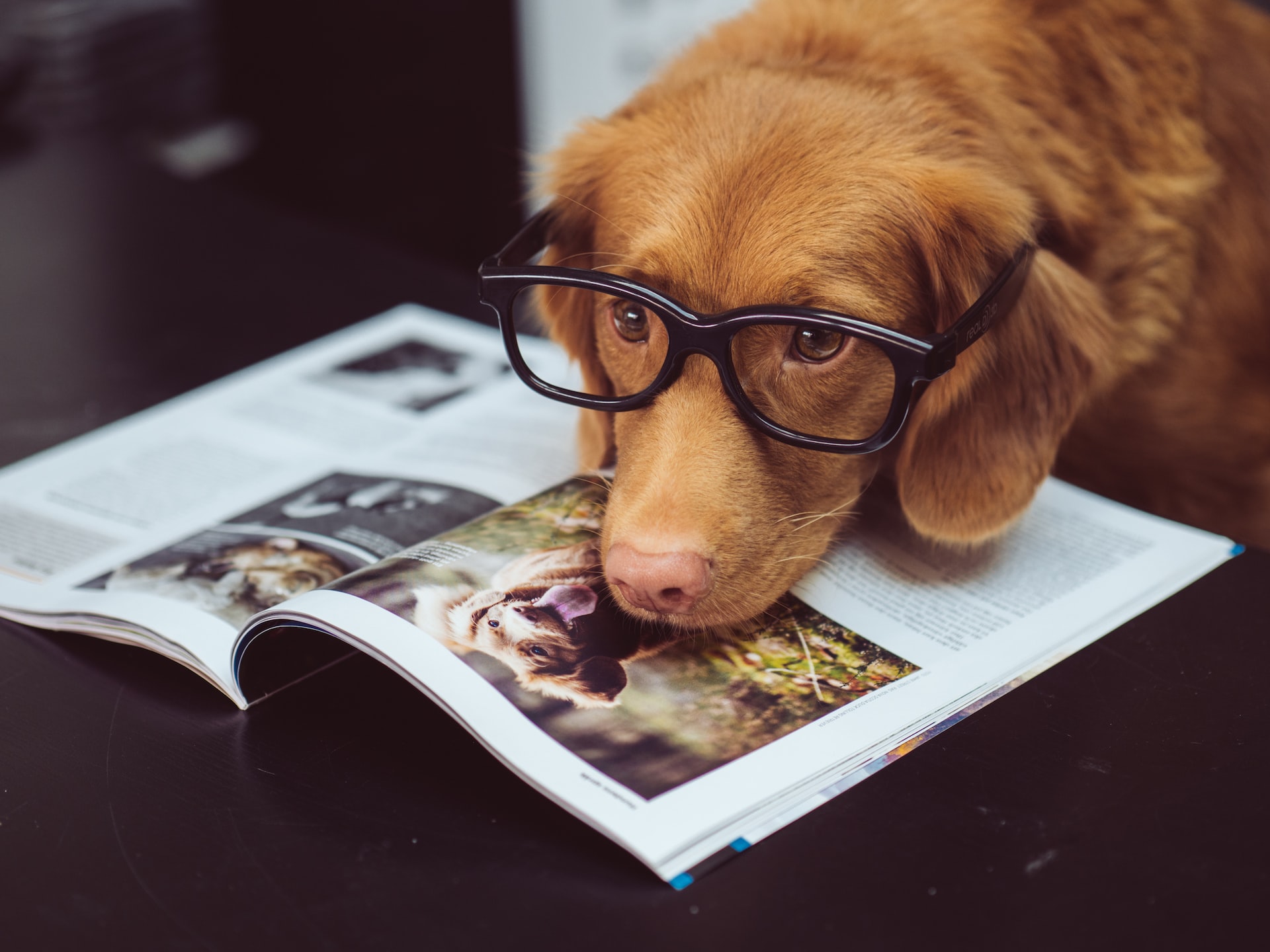Getting your new puppy off to the right start with training can make all the difference as he grows into an adult dog. These 10 training tips will help you get your puppy off to the right start with socialization, establishing your relationship as pack leader, and teaching him how to behave in your home and yard. If you start early, you’ll avoid dealing with behavioral problems down the road, like separation anxiety or aggression toward people or other animals.
1) Focus on the Puppy’s Overall Wellbeing
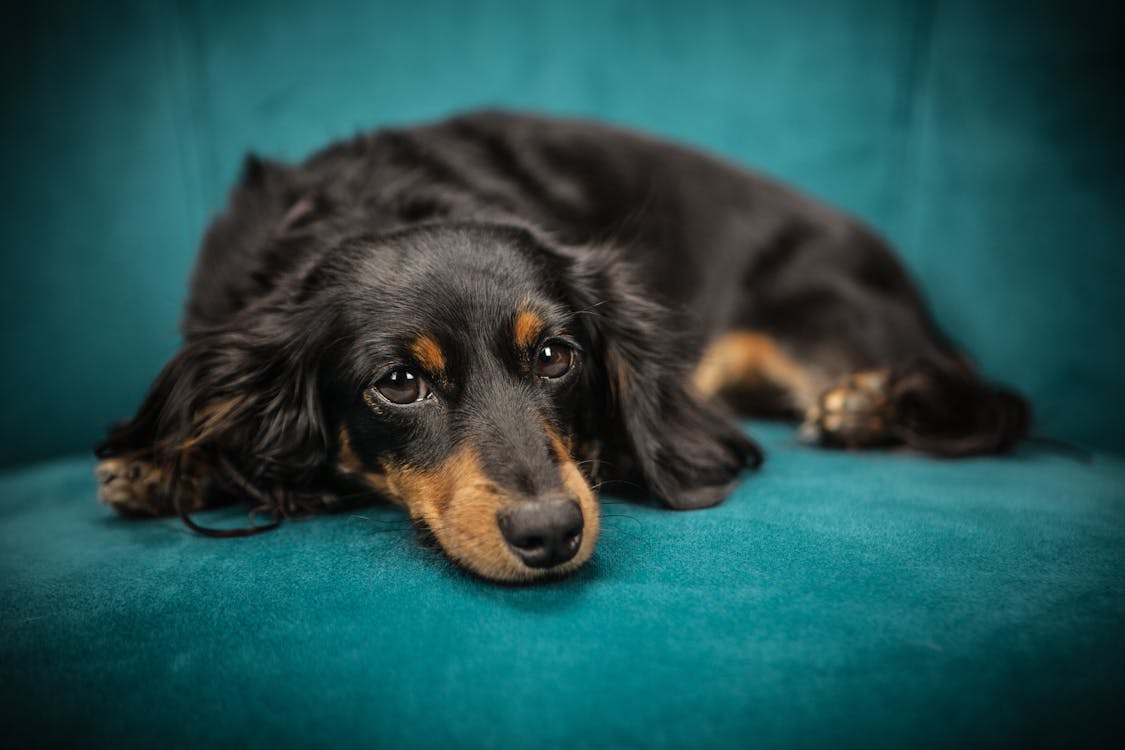
It’s important not to neglect your pup’s mental and physical wellbeing when you bring them home. This is the time for bonding, playtime and training! Here are tips to help your puppy grow into a well-behaved, happy dog.
- Get Them Socialized Early & Often: Introduce them to new people, places and things so they can adapt without fear of the unknown in their own home or out in the world.
- Provide Plenty of Exercise: Keep their little legs busy by giving them plenty of opportunity for walks, playtime outside or fetch inside.
2) Start As Early As Possible
Start training your puppy as early as you can by teaching them the basics of what is expected from them. This includes picking up after themselves, staying in one place when told and coming to their name. Once your pup is about 4-6 months old, you can start teaching them more advanced skills such as not jumping on people, waiting patiently before going outside and coming when called.
3) Use Positive Reinforcement Techniques
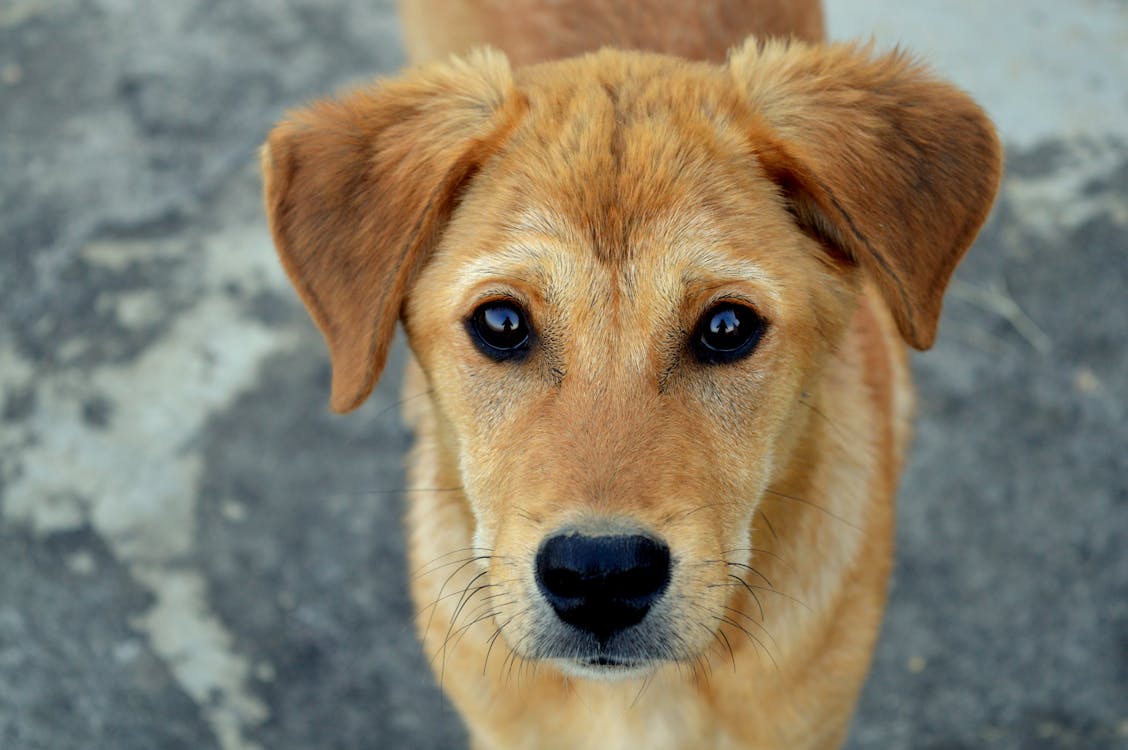
Positive reinforcement is the most effective way to train your new puppy. It’s all about giving the dog rewards for doing what you want, and not giving them rewards for doing things you don’t want. You can reward them with praise, petting, playtime or treats! The key is rewarding your pup as soon as they do something positive (or close enough) so they know that’s what you want. And remember: never punish your dog for doing something wrong!
4) Maintain Communication with the Owner
Maintaining communication with the owner is an essential part of being a good dog. As your pup learns new skills, keep in touch with your pup’s human. This will help you both stay on the same page and ensure that everyone is happy.
5) Start With Small Goals
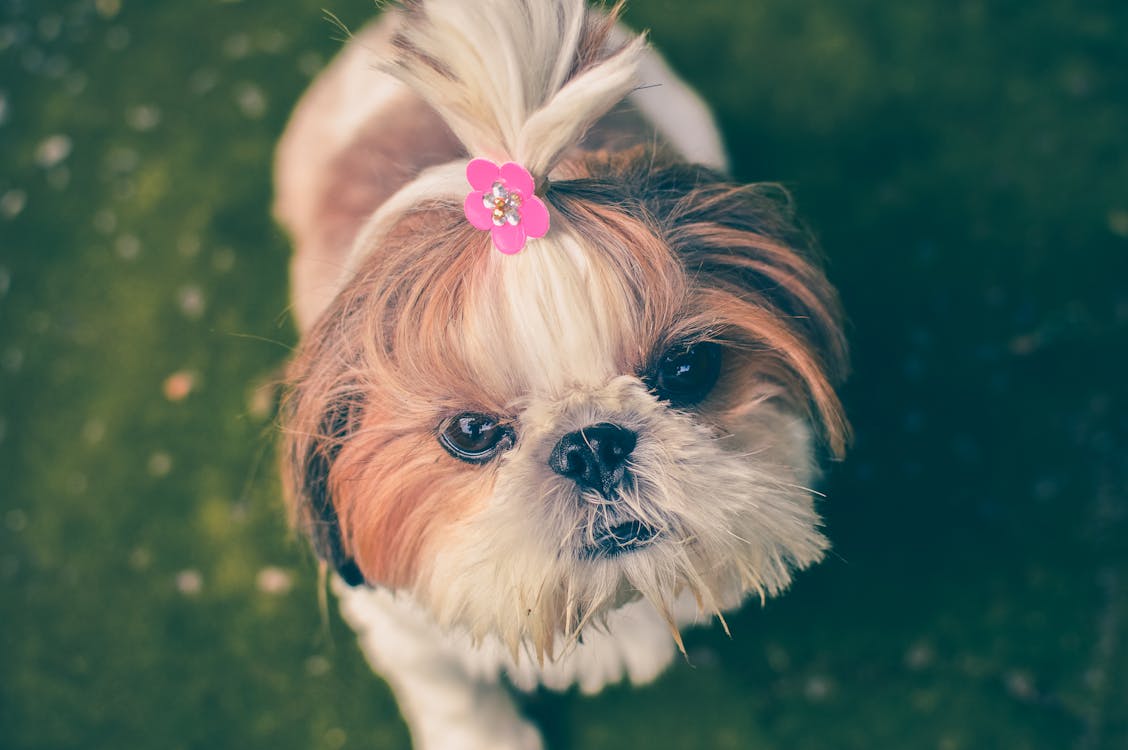
Start small with your training. Learn what behaviors you want your dog to do and work on those one at a time. For example, if you have a new puppy and want him/her to stop nipping, start by teaching sit before moving on to stay.
6) Set Clear Expectations
It’s important for you and your puppy to know what you expect from each other. This will help you set clear boundaries and rules for the puppy and keep them from misbehaving. To do this, establish a routine that includes feeding, walking, and grooming. Give treats when they obey commands so they’ll understand what they’re being rewarded for! For example, after you feed them, ask them to sit. If they sit in response to the command then give them a treat as a reward.
The more time you spend with your puppy during these early days of training, the less likely it is that your dog will become destructive or disobedient later on. Remember: consistency is key!
7) Provide Consistency

Consistency is key in your training. Setting up the same expectations and boundaries over and over will teach your puppy what you want them to do. Repetition is key! Make sure you say no every time they jump on the couch, even if it’s at 8:00pm on a Saturday night when everyone is watching football. They’re going to know what no means eventually.
8) Have Fun!
- Keep training sessions short, but frequent. Fifteen minutes at most, and three sessions per day is the perfect amount of time. This will help keep your pup’s attention span high and avoid them getting bored or distracted.
- Always reward good behavior with treats and affection.
- Teach your dog their name by using it in each session before giving them a treat or playing fetch with them.
- Socialize your pup as much as possible!
9) Train Yourself as Well as Your Dog
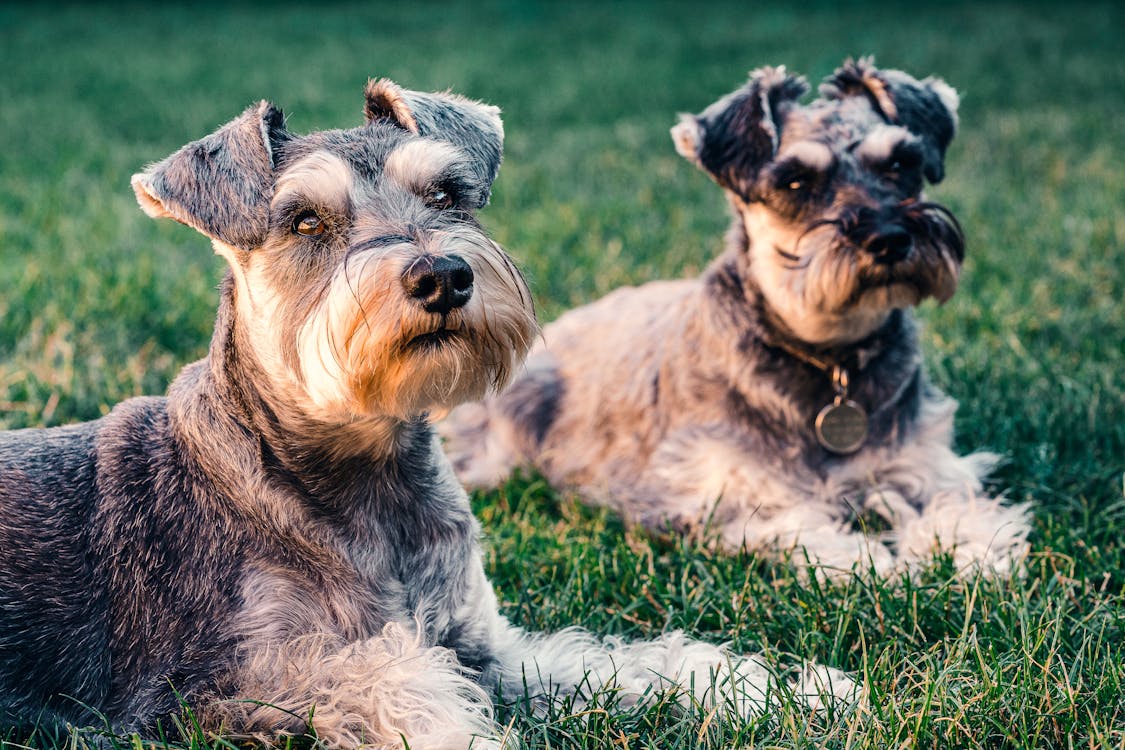
Training your new puppy starts with training yourself on the basics of dog behavior. You can start by reading books and watching videos on how to train your dog, but don’t forget to practice what you’ve learned. The more you know about your pup’s behavior and limitations, the better you’ll be able to teach him how he should behave in different situations.
10) Stay Motivated and Reassess Progress Frequently.
It’s important to stay motivated and reassess your progress periodically. Even if you’ve been successful in the past, you can’t expect that things will go well from here on out. It’s also important to be flexible and adaptable so that you’re able to respond quickly when something changes.
